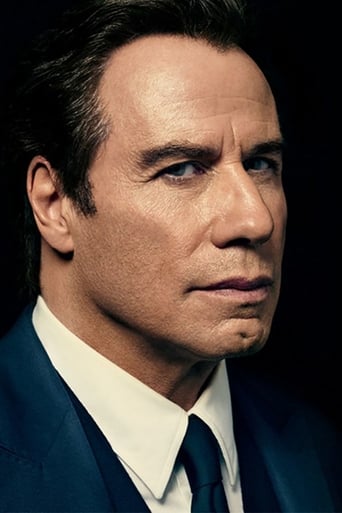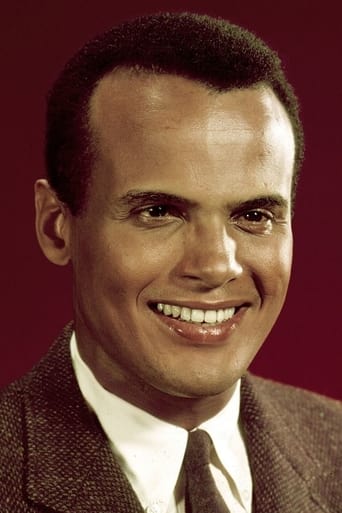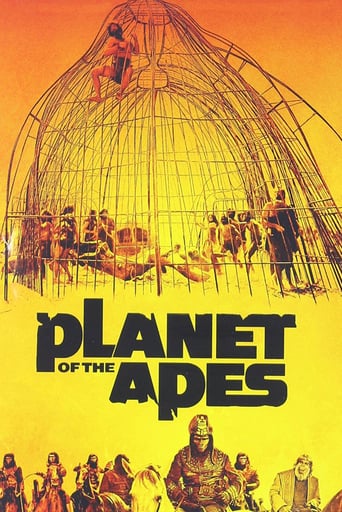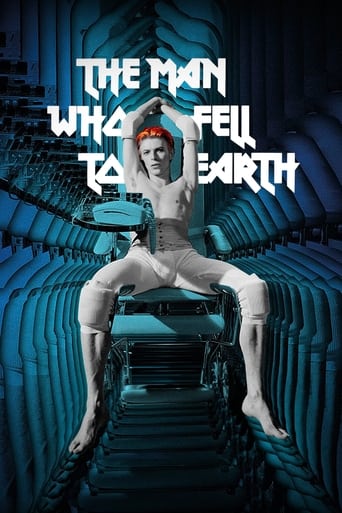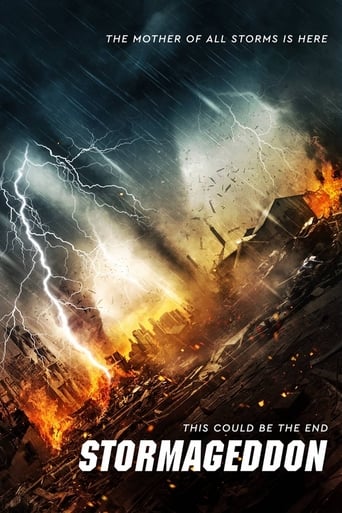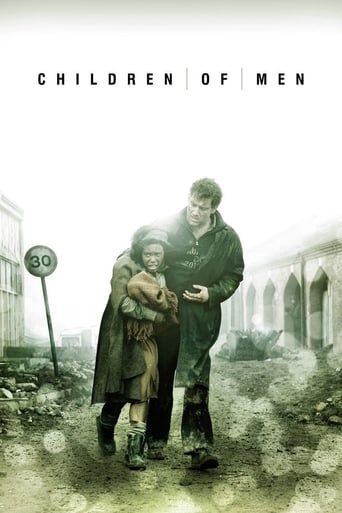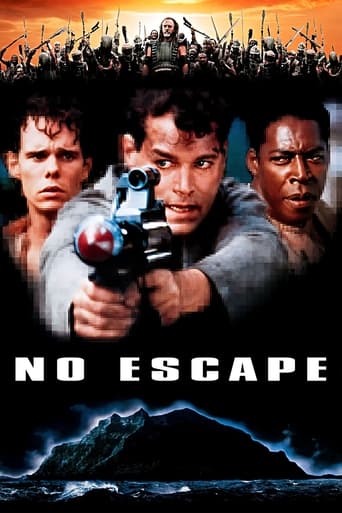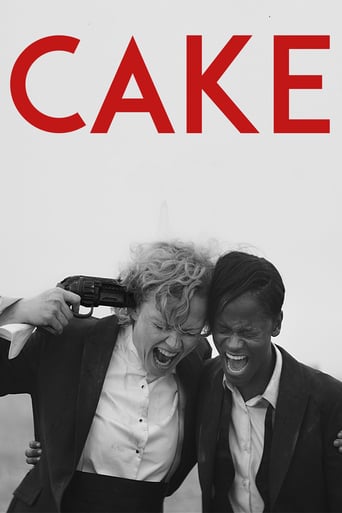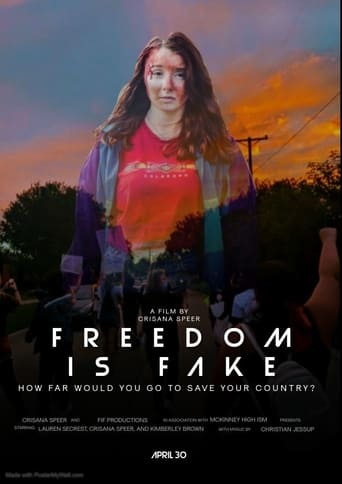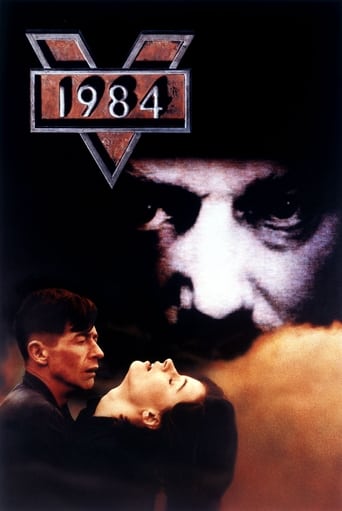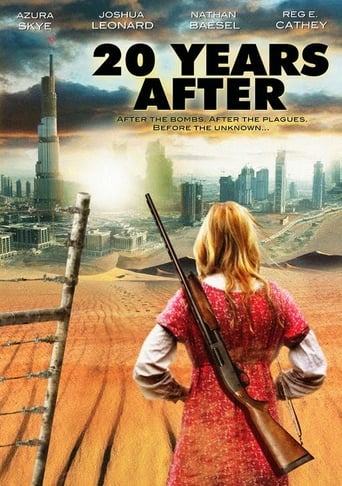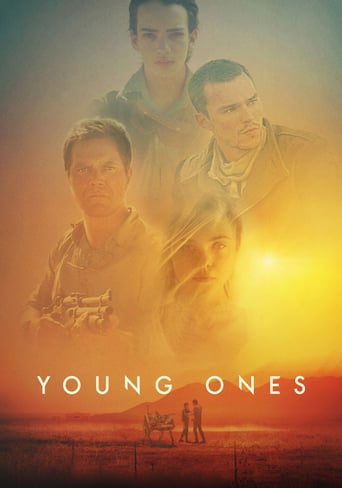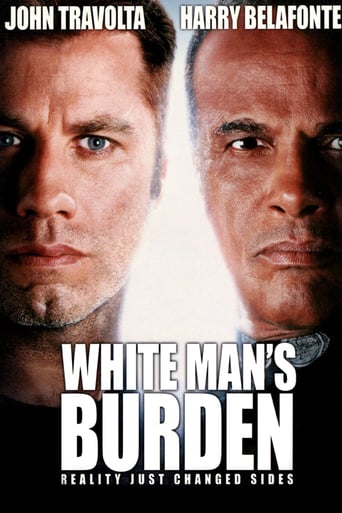
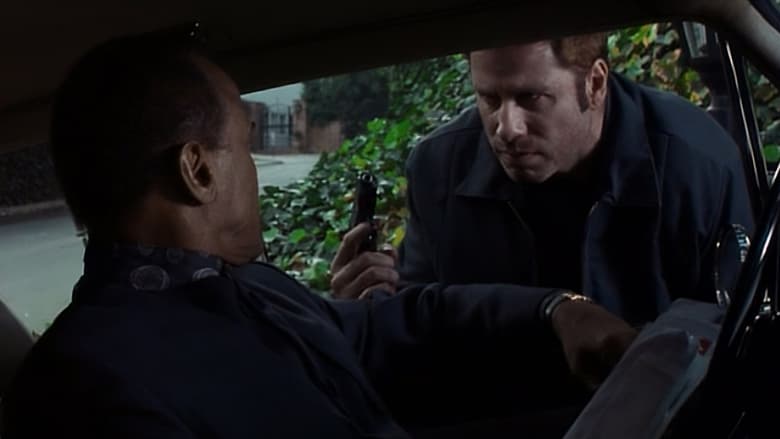
White Man's Burden (1995)
The story takes place in alternative America where the blacks are members of social elite, and whites are inhabitants of inner city ghettos. Louis Pinnock is a white worker in a chocolate factory, loving husband and father of two children. While delivering a package for black CEO Thaddeus Thomas, he is mistaken for a voyeur and, as a result, loses his job, gets beaten by black cops and his family gets evicted from their home. Desperate Pinnock takes a gun and kidnaps Thomas, demanding justice.
Watch Trailer
Cast


Similar titles
Reviews
Powerful
A Major Disappointment
It's not great by any means, but it's a pretty good movie that didn't leave me filled with regret for investing time in it.
While it doesn't offer any answers, it both thrills and makes you think.
One of the things that film can do is give the viewer a new perspective. It can be an empathetic medium, allowing us to see the world through a different pair of eyes. Or even turn the world on its head in the modern equivalent of fables. 1995's White Man's Burden from director Desmond Nakano is just such a modern fable. It's a film that takes the racial and economic status quo of America and turns it on its head with fascinating results. It's the premise that very much makes the film. As one of the film's taglines puts it rather succinctly: "Reality just changed sides." The America of White Man's Burden isn't too dissimilar from the real world of 1990s America except for one big difference: Whites are the lower class and those of African descent are the dominant class From the very first scene of the film with a group of wealthy African- Americans sitting around a dinner table being served by an older white woman in typical maid outfit with Thaddeus Thomas (Harry Belafonte) expounding deeply racist views which echo historical views about his race in our world, the truth of the tagline is clear. It's a tale that could easily have come out of Rod Serling's The Twilight Zone or from a number of alternate history works but the film (outside of some interesting choices in costumes and architecture) doesn't focus much on the how of this world. That's something that some have and will continue to complain that the film doesn't do enough to develop to set up this world, but the point isn't to talk about the past but the present and the future. The opening minutes of the film further drive that point home. The focus of the film is on men at opposite ends of the spectrum in terms of both class and race: Belafonte's business mogul and John Travolta as factory worker Louis Pinnock. It is through the differences between these two men that we are introduced to this world and a series of circumstances that build on one another. What starts out as Pinnock trying to curry favor sets off a sequence of events that will eventually lead to eviction, threats, and kidnapping. It's a plot that at once feels familiar yet different thanks to Nakano's premise. Nakano, a Japanese-American writer/director, perhaps brings a different perspective to the film than a different director might have. Some of his points aren't subtle at all, observations that have been time and time again until they become clichés. Other times they are subtle and more effective for being so such as early in the film when young Desmond (Andrew Lawrence) flips through TV channels and sees nothing but African-American characters with the exception of a TV report of a white criminal or when the same young boy goes into a toy shop on his birthday and wants the more expensive superhero action figure rather than his white sidekick. The issues are familiar from media representation to police brutality but it is what Nakano does by turning them on their head that gives the film its power.As do the performances. Belafonte and Travolta both give suitably chameleon-like performances in their respective roles. Belafonte's Thomas finds himself at times lost and at other times trying to understand the situation he finds himself in while the everyman quality apparent in some of Travolta's better performances shines brightly in this one as a hard working man forced into a desperate act which turns into a spiral from which neither man will leave the same. The interactions and relationship between the two of them form the core of the film from moments of friendliness to profanity laced confrontations. There are some surprising performances from the supporting cast as well, especially from Kelly Lynch as Pinnock's wife, who plays the role with a sense of dignity throughout and perhaps most evident in a scene where they are evicted from their home where she is the one who effectively takes charge. The three of them lead a solid, if not very showy cast.When it was released more twenty years ago, it seems to have been a blip on the radar. It was overlooked, written off to a large extent. Looking on the film with some distance, that seems unfair. White Man's Burden has interesting things to say in flipping reality around and many of its points remain relevant. If you can track it down, it's a film well worth a watch as a modern fable.
.This is really two movies. The first one is the race role-reversal gimmick that demands your attention as the main theme. The second is a crime story about a decent guy caught up in a crime situation.The race movie is lame. For a role-reversal to work, it needs to be fair in its analogies. Instead of complicated race relations, we get a world where good and evil are crystal clear (in black and white, one might say). It isn't US society of today, or even of 1995 - the racism is more like Jim Crow. Consequently, instead of offering insights and maybe teaching a lesson, it just polarizes viewers into taking sides and finding fault with the analogies. This could have been so much better with a less ham-handed story and more realistic characters. The race reversal was a good idea and that's why I watched. But the execution was poor.The crime story was OK. Not great, but as good as most TV crime stories. A good man is trying to get ahead and instead he unjustifiably gets fired and his life is ruined. So he reacts without thinking it through, and the situation snowballs until he has no real possibility to resolve it. After you've tried to forget about the silly race angle, you can appreciate the predicament and try to imagine how you might resolve it yourself. You know it will end badly. So, as race parable, the movie fails miserably. As crime story it is not great but perhaps worth watching when there's nothing better on..
European imperialists absolutely hate looking at themselves in the mirror. This movie forces them to do so in a unique way, which causes all the meta-analytical comments herein and all the vituperative reviews. Granted Martin Luther King Jr.'s methods were not what my family and I prefer, as we'd never allow people to hurt/manipulate us without fighting back. But MLK encouraged people to let the white imperialists act like animals towards them, then force them to watch themselves act like violent savages towards peaceful people on TV news broadcasts later in the day. It worked for the intended purposes (Civil Rights Act), but that law is still largely ceremonial.The imperialists in "White Man's Burden" are perfectly aloof, disconnected and violent (police) just like the white Americans and government they are meant to portray. John Travolta and his family fill the media-reinforced stereotypical role of ignorant, poor people that must beg the imperialists for jobs, survive police savagery and live in a world where you are set up to fail and struggle just to survive. The most powerful scene IMO is when Don (Travolta's kid) is flipping through TV channels and he sees nothing but black people on every channel. The only white person who appeared while Don was channel surfacing was on a news station: a criminal wanted in connection with some type of crime. Don also preferred to buy a black toy action figure vs. a white one; the same self-hatred that is conditioned in real-life black people via media and public education.Its hard for white people to watch this movie objectively because they see their hero police as what they really are: gestapo thugs with badges that harass/assault people for no reason at all; and kill people simply because they like it. They are also forced to see the powerful conditioning imperial governments and societies force onto the oppressed class. Harry Belafonte was perfect for this role because he has lived a privileged existence for his entire life, but at the same time is a true activist who fights for the oppressed.This movie should be required viewing in all U.S. public junior highs. Hats off. Great film.
Nakano's film delivers little subtlety, and even less originality than many seem to give it credit for. The one-note premise never develops into anything other than that and leaves the actors floundering in a movie that would have made a competent short, but not a feature. The performances are all passable, but the story loses credibility and goes nowhere, taking a long time to get there. Despite the writer's best efforts some of the scenes seem to reinforce rather than break down some racial stereotypes, and it's really not that shocking to see Travolta as a down-trodden white guy because they actually do exist - as do rich black guys (ask Harry Belafonte if you don't believe me!).


